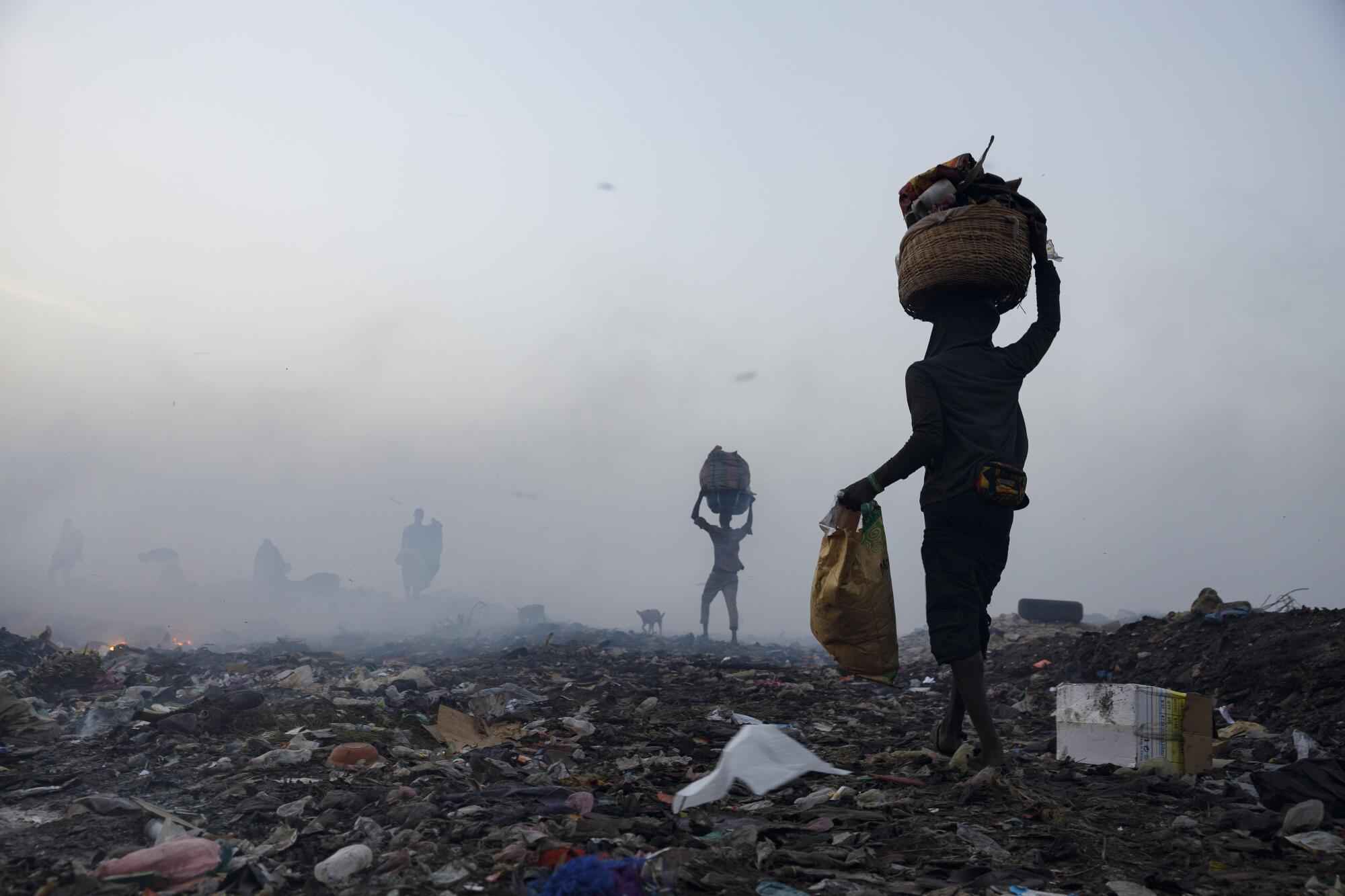Since its launch last year, the U.N. Methane Monitoring Program has issued over 1,200 alerts to governments and corporations regarding methane leaks. However, only 12 of these major alerts—less than 1%—prompted any significant action. Roland Kupers, the program’s lead architect, expressed disappointment with the lack of response, especially as many parties had committed to reducing methane emissions by 30% by 2030.
The Role of Methane in Climate Change
Methane is a highly potent greenhouse gas, with a warming potential 80 times greater than carbon dioxide over a 20-year period. It has already contributed to a 0.5°C increase in global temperatures, making it a key target for climate action. Addressing methane emissions is essential for mitigating climate change. One of the most effective and immediate methods is to fix leaks in oil and gas wells, which also conserves valuable resources and saves money.
Global Methane Emission Trends
Despite global pledges, methane emissions remain at record levels. Emissions from the oil and gas sector have remained unchanged since 2019, and commitments from 150 countries and 140 companies have yet to result in meaningful action.
Turkmenistan has reported the highest number of methane leaks, with nearly 400 plumes detected. The United States follows with 178 leaks, while Azerbaijan has recorded 32.
Technological Advances and Upcoming Regulations
Satellite technology plays a critical role in identifying methane leaks, though cloud cover can sometimes hinder its effectiveness. Companies plan to leverage this data to comply with upcoming methane regulations, which are expected to tighten in the near future.
Support for Developing Countries
Developing nations can use leak data to secure funding for repairs. Nearly $500 million in philanthropic pledges have been made to support these efforts. Azerbaijan’s state-owned oil company, SOCAR, has already identified and is working to address 400 leaks in the country.




